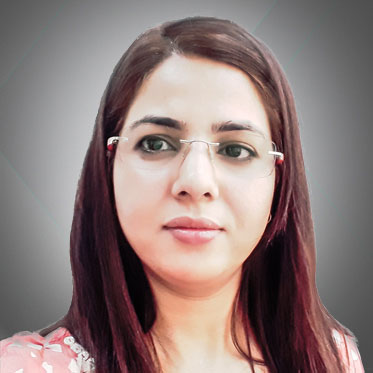Life Insurance: A misunderstood financial product in Kurdistan Region
.jpg)
When someone hears about life insurance, they are usually inclined toward setting up a fund but often delay the process. No one knows how long they will live given the various threats to life in this dynamic world. Especially when the person is the breadwinner of the family, their life is important for the livelihood of the other family members due to their dependence on that person.
Nonetheless, in many parts of the world, religious or cultural beliefs impede a person’s investment in life insurance that could secure a future of financial stability for their family. A human is a mortal being like any other species on this planet, but life insurance protects an individual’s family or dependents from any sudden death.
According to statistics from the Kurdistan Regional Government (KRG), over 50 percent of the population is 20 years old or younger, and approximately 40 percent is in the dependent category, which consists of 36 percent between 0 to 14 years old, and 4 percent above 63.
Given the fact the country has gone through political and economic upheaval and remains fairly unstable, risk assurance is not just needed but is compulsory for the people. Life insurance is not readily available by all insurance companies in Kurdistan. The most common products are automobile, health, and property insurance. However, some sections of the Kurdistan Region’s population advocate for life insurance.
The perceived instability of the region is the primary cause of a less transparent financial sector. To further understand the general public’s perception about life insurance, we surveyed of about 60 people consisting of entrepreneurs, middle and managerial level employees.
The results, mapped in the graphs below, show that people do not have any prejudice about life insurance products.



While conducting our survey, we were interested to know whether the respondents were aware of the life insurance product or not. The majority of the respondents said they were aware of life insurance.

The next question was how they heard of life insurance. A majority of the respondents referred to word of mouth more than any other source.

Finally, we asked whether it was morally acceptable to invest in life insurance and whether or not it clashed with religious or cultural beliefs. A large number of respondents had no issues and compared it to any other type of business.

Dr. Mamta Singh is Chairperson of the Business Administration Department at Komar University of Science and Technology in the Kurdistan Region.
The views expressed in this article are those of the author and do not necessarily reflect the position of Kurdistan 24.
Editing by Karzan Sulaivany
